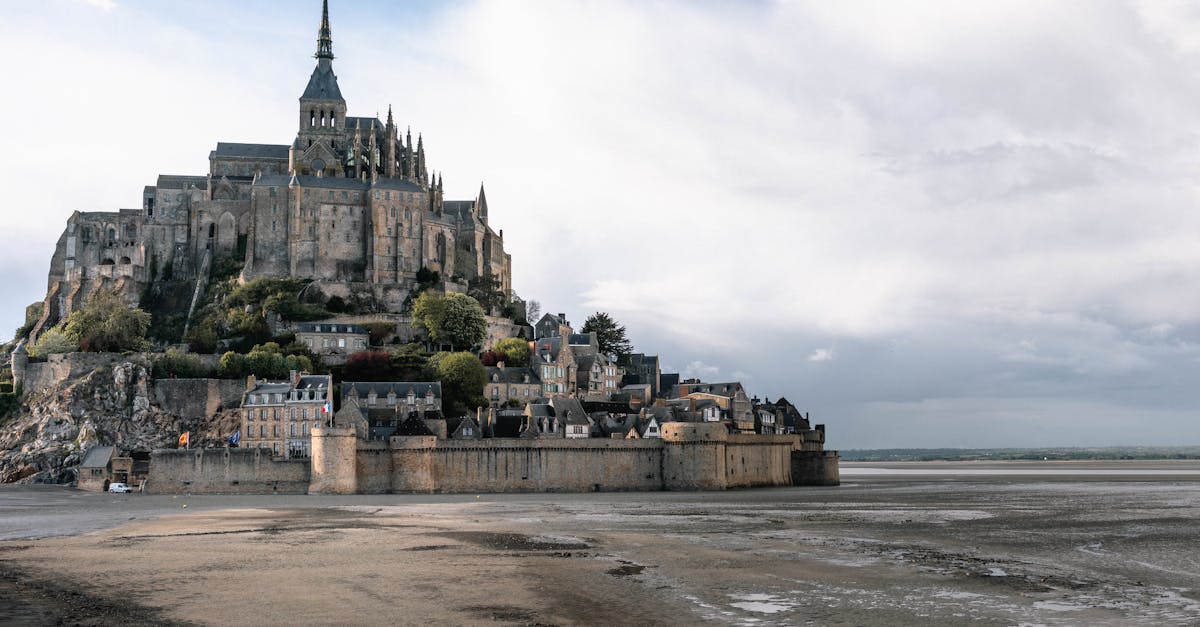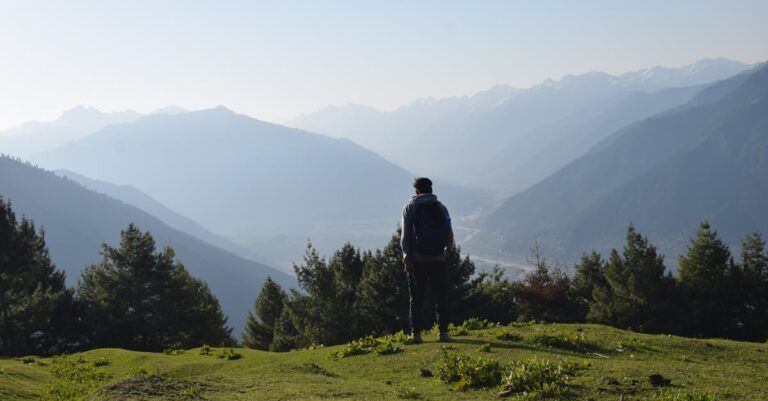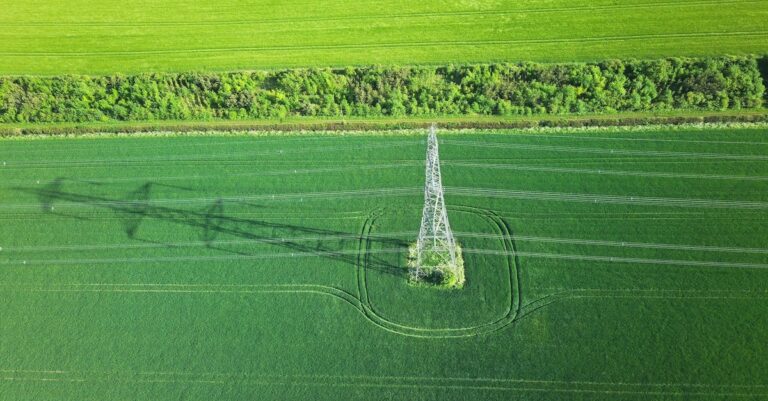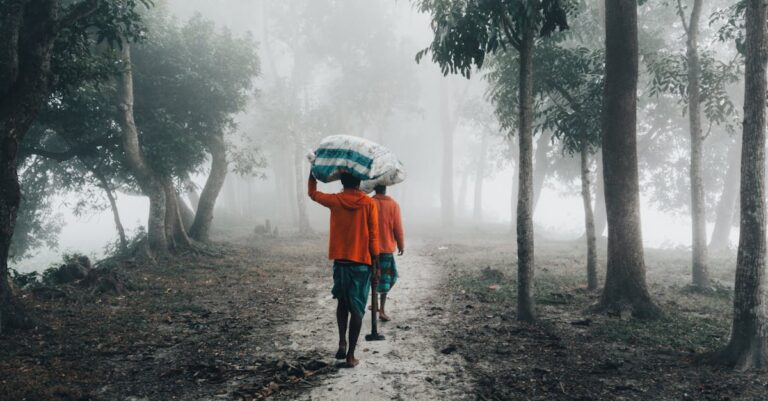
## The Stone Tongue
The tremor hit like a gut punch. Not violent, not catastrophic. Just… unsettling. Like the earth clearing its throat. Dr. Elias Thorne, formerly of Cambridge’s Department of Historical Linguistics, felt it through the thin soles of his sandals as he knelt examining a patch of late-blooming skybells in Hallim Park. He almost missed the crack spiderwebbing across the granite outcrop beside him, hidden amongst a tangle of hydrangeas.
He touched it tentatively, the rough stone cool against his fingertips. More cracks bloomed, revealing something beneath: carvings. Not haphazard scratches, but deliberate symbols. Deeply etched, impossibly old.
“What in the world…” Elias muttered, pulling out his notebook and charcoal pencil. He began sketching, a familiar hum vibrating in his chest – the thrill of discovery, the weight of forgotten language. He’s been exiled to Jeju Island for a decade, his career dismantled after a particularly heated academic dispute over proto-Indo-European roots. This felt… different.
He called Inspector Park, a man whose patience was as thin as the coastal fog, and explained. Short version: carvings appearing after tremors. Possibly significant. Possibly involving language.
Park grunted into the phone. “Another one of your academic flights of fancy, Doctor?”
“These aren’t theories, Inspector. They’re… evidence.” Elias felt a familiar irritation prickle his skin. “Meet me at the outcrop. Bring someone who can take notes.”
The inspector arrived with a perpetually bored-looking Sergeant Kim and a large, damp notebook. He squinted at the carvings.
“Looks like someone got bored with their chisel.”
Elias ignored him, focusing on the symbols. They weren’t Korean. Or Chinese. Something… older. He recognized patterns, echoes of Jeju Han dialect – a language almost extinct, relegated to the memories of dwindling elders. But warped. Archaic.
He spent days documenting, cross-referencing with fragmented records from the island’s historical archives. The tremors seemed to coincide with the appearance of new carvings, each one a distorted fragment of ancient speech. He felt an unnerving sense of recognition, like listening to a dream just beyond comprehension.
“It’s like… the earth is speaking,” he told himself, tracing a symbol with his finger.
The fishermen were the first to notice. Nets coming up empty, despite abundant signs of fish below. Traditional fishing grounds suddenly barren. Then came the storms. Brief, localized downpours that seemed to follow their boats, isolating them in churning waters.
Park arrived at Seongsan Ilchulbong, the volcanic crater rising dramatically from the sea. The sky above churned a sickly green. Rain lashed down, blindingly bright against the grey ocean.
“This is getting ridiculous,” Park declared, pushing his damp hair from his face with a frustrated gesture. “The local magistrate is on my back. He thinks this is some kind of insurgency.”
“It’s not about politics, Inspector,” Elias said, his gaze fixed on the roiling sky. He was running calculations in his head, correlating weather patterns with carving locations. “It’s about language.”
He pointed to a newly appeared carving etched into a basalt cliff overlooking the harbor. A cluster of unfamiliar symbols interwoven with recognizable fragments of Jeju Han.
“This… this seems to be directing the storm.” Elias’s voice was low, almost a whisper. “Linguistic manipulation. Directing atmospheric pressure. Isolating fishing zones.”
Park stared at him, his expression a mixture of disbelief and annoyance. “You’re saying someone is using old words to… control the weather?”
“It appears that way. And those ‘old words’ aren’t just fading memories, Inspector. They’re being… activated.”
The villagers whispered about the Dokkaebi – mischievous spirits of Jeju folklore. Tales of them controlling storms, demanding offerings, punishing those who disrespect the island’s traditions. Elias dismissed it as superstition… at first. But the increasing intensity of the storms, coupled with the strange occurrences reported from other villages—a sudden fog blanketing a field of crops, the appearance of shimmering lights in the forest—started to erode his skepticism.
He tracked the carvings’ emergence, finding a pattern that led him to a secluded coastal village, Goseong. Here, hidden within the labyrinthine alleys and ancient stone houses, he found them: a small group of elders chanting in low voices. Their lips moved silently, tracing the ancient words he recognized from the carvings.
“What are you doing?” Elias demanded, pushing past a startled young woman carrying a basket of seaweed.
An old man with eyes like weathered stones turned to face him. His gaze was unnervingly calm.
“We are remembering,” he said, his voice raspy with age. “We remember the old ways. The words that shape the island.”
“You’re manipulating the environment,” Elias accused, pointing to a shimmering distortion in the air above their heads. “You’re isolating fishing zones, creating artificial storms.”
“The ocean provides,” the old man said, ignoring his accusation. “But it is not limitless. We must remind it of its respect.”
Sergeant Kim, ever practical, stepped forward with his hand instinctively reaching for his holster. “You’re causing harm. You’re disrupting the community.”
The old man smiled, a chilling display of teeth. “Harm? We are restoring balance.”
A tremor shook the ground, more violent than any Elias had felt before. A fissure ripped through the earth, revealing a vast network of caves beneath their feet. From within the caves emerged figures—not human, but something… other. Tall and slender, with skin like polished stone and eyes that glowed with an unnatural light.
The Dokkaebi. Real.
Elias felt a wave of fear wash over him, but beneath it, a familiar exhilaration. He was witnessing something extraordinary, terrifying, and undeniably linked to the ancient language he dedicated his life studying.
“These aren’t just spirits, Inspector,” Elias said, his voice trembling slightly. “They are linguistic constructs. Manifestations powered by these words.”
The Dokkaebi advanced, their movements silent and purposeful. Their forms shifted slightly, reacting to the chanting of the elders. The air crackled with energy.
“The words are feeding them,” Elias realized, noticing that the intensity of the chanting seemed to amplify their power. “They are acting as conduits.”
Park, for once speechless, simply stared at the advancing figures. Kim raised his weapon but hesitated, unsure what to do against such an otherworldly sight.
“Stop the chanting!” Elias shouted at the elders. “Disrupt the linguistic nexus! Silence the words!”
The old man simply smiled, his eyes fixed on Elias. “You cannot stop what is already in motion.”
Elias recognized a pattern, a linguistic structure within their chant. An elaborate invocation intended to strengthen the Dokkaebi’s power. He began reciting a counter-chant, drawing upon his fragmented knowledge of Jeju Han and the archaic symbols he had been studying. It was a desperate gamble, an attempt to disrupt the linguistic flow that was fueling the spirits’ power.
His voice carried across the village square, a jarring contrast to the deep resonance of the elders’ chanting. The Dokkaebi faltered for a moment, their forms flickering momentarily as if struggling with an unseen force.
The linguistic battle raged, a clash of ancient words and forgotten dialects. Elias felt the strain on his mind, the effort of channeling so much linguistic energy. But he pushed himself onward, driven by a mixture of fear and intellectual curiosity.
Sergeant Kim finally found his voice. “Inspector! What do we do?”
Park, snapping out of his stupor, barked orders. “Secure the area! Contain these… things!”
The sounds of shouting and scuffling filled the air as Kim and his men tried to restrain the villagers, while Elias continued his counter-chant. He focused on a specific fragment of the original invocation—a linguistic key that seemed to be amplifying the Dokkaebi’s power. He began weaving a disruption code into his counter-chant, aiming directly at that key.
He felt the world around him distort as his linguistic disruption code took hold. The Dokkaebi’s forms shimmered uncontrollably, their movements becoming erratic and disorganized. The original chanting faltered as the elders struggled to maintain their focus amidst the linguistic chaos.
A wave of disorientation washed over him, and he stumbled, nearly falling to his knees. But he held firm, continuing to focus on the disruption code, determined to break the linguistic nexus that was unleashing these ancient terrors.
The earth trembled violently and a deep guttural roar echoed through the basin, it was like nothing he had ever heard before.
The roars stopped as abruptly as they started, the earth fell still and the Dokkaebi began to dissipate like smoke. The original chanting ceased, replaced by a stunned silence.
Elias felt his strength returning, the exhaustion receding as the linguistic chaos subsided. He stared at the now-empty village square, a mixture of relief and awe washing over him.
Park approached cautiously, his expression a strange blend of disbelief and gratitude. “What… what happened?”
“I disrupted the linguistic nexus,” Elias said, his voice hoarse. “Silenced the words that were empowering them.”
The old man from the village, now slumped against a stone wall, simply shook his head. “You do not understand,” he mumbled. “The words remain. They will return.”
Elias stared at him, a cold shiver running down his spine. He knew the old man was right. The island’s linguistic history was a vast, uncharted ocean of potential chaos. He had merely stemmed the tide, not eradicated it.
The sun began to set, casting long shadows across the village square. The tremors had stopped, and a fragile sense of normality began to return. But Elias knew that nothing would ever be the same again.
He turned to Park, a new urgency in his voice. “We need to document everything. Every carving, every dialect fragment. We need to understand the language that shapes this island… before it reshapes us.”
Park nodded, a rare spark of determination in his eyes. “I’m with you, Doctor. Let’s get started.”
Elias gazed out at the darkening basin, a profound sense of responsibility weighing on his shoulders. He was no longer an exiled academic, seeking refuge in a remote corner of the world. He was a guardian, protecting humanity from the immense power of forgotten words.
And he knew, with unwavering certainty, that his journey had only just begun. The stone tongue of Jeju Island held secrets far greater than he could ever comprehend—secrets that threatened to unlock a world beyond human understanding.
The wind carried whispers across the basalt cliffs, ancient words echoing in the gathering dusk—a constant reminder of the linguistic forces that lay dormant beneath the surface, waiting to be awakened.


